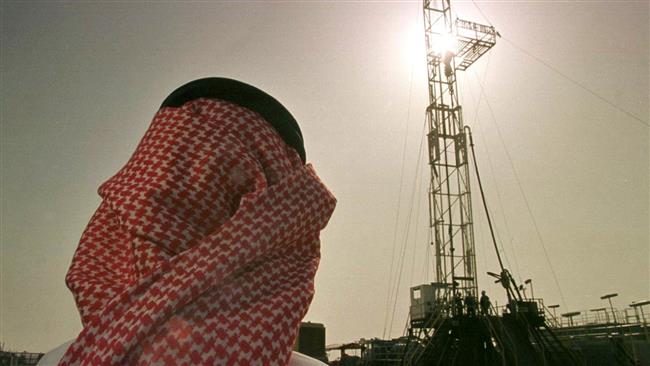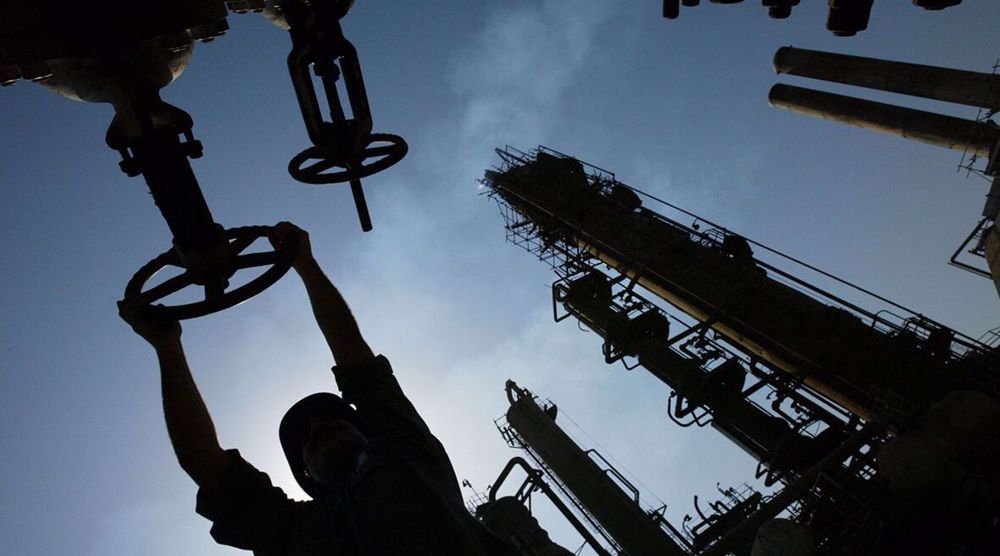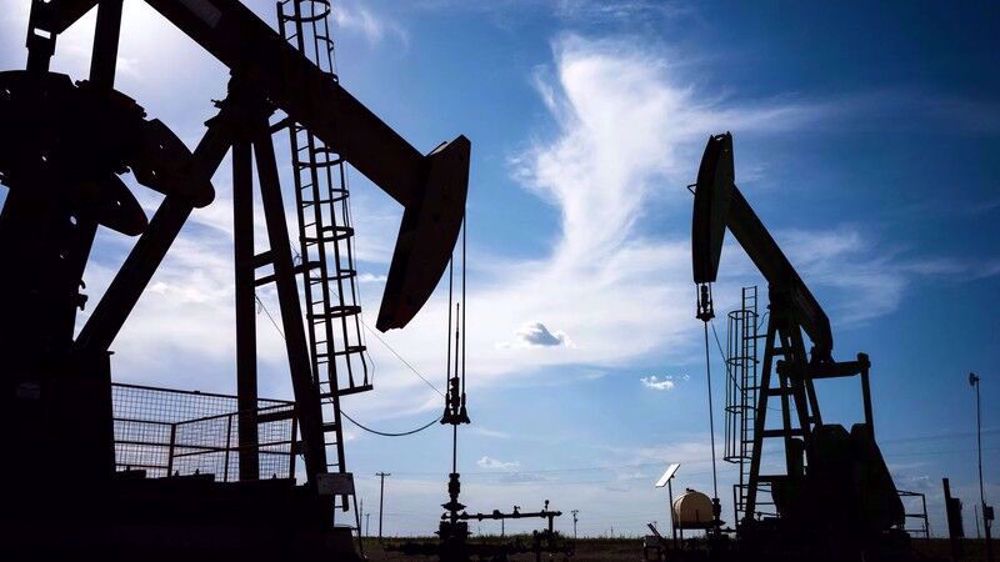‘Impacts of Saudi purge on oil markets short-lived’
Analysts believe that Saudi Arabia’s anti-corruption drive that caused oil prices to surge to levels not seen for the past few years is unlikely to affect markets in the long run.
Russia’s Sputnik news agency in a report quoted Ivan Eland, the Director of the Independent Institute Center for Peace & Freedom, as saying that oil prices were likely to settle down in the long term because the current political upheaval in Riyadh will not affect the kingdom’s long-term fossil fuel production capabilities.
"The purge may have short-term effects on oil prices, it probably will not affect the price in the long term," Eland said. "Other factors in the price increase are hurricanes in the Gulf of Mexico region in the US."
Also, Chas Freeman, the former US ambassador to Riyadh, told Sputnik news agency that that soaring global oil prices in the wake of Crown Prince Mohammed bin Salman's purge would not be maintained, but would be a boon to Saudi oil export revenues while they last.
However, Freeman, also a former US assistant secretary of state for international security affairs, emphasized that the price surge was a short-term response to immediate uncertainties and did not reflect longer-lasting structural forces.
"In my view, the rise in oil prices is entirely due to the political uncertainties in Saudi Arabia," he said. "It is likely to prove short-lived."
The Saudi oil industry, which is concentrated in the eastern Dhahram region of the country was unlikely to be affected in its operations by the political changes, Sputnik news agency quoted Freeman as saying.
"I do not think that it is likely to have much effect on Saudi oil production," he said.
However, in the short term, the price rise might prove beneficial to the Saudi economy and government by unexpectedly increasing oil export revenues to a significant degree, Freeman noted.
"It will help the Saudi budget a bit," he said.
US fighter aircraft shot down ‘in friendly fire’ amid aggression on Yemen
Yemeni FM: Israel’s sponsors accountable for ongoing aggression on Sana’a
Eight Palestinians killed as Israel attacks Gaza school, hospitals
VIDEO | Rome, Milan host new protests in solidarity with Palestinians
Dec. 21: ‘Axis of Resistance’ operations against Israeli occupation
Spain jurists demand ties with Israel ties be cut
VIDEO | Press TV's news headlines
VIDEO | Iran honors top Science Olympiad medalists










 This makes it easy to access the Press TV website
This makes it easy to access the Press TV website